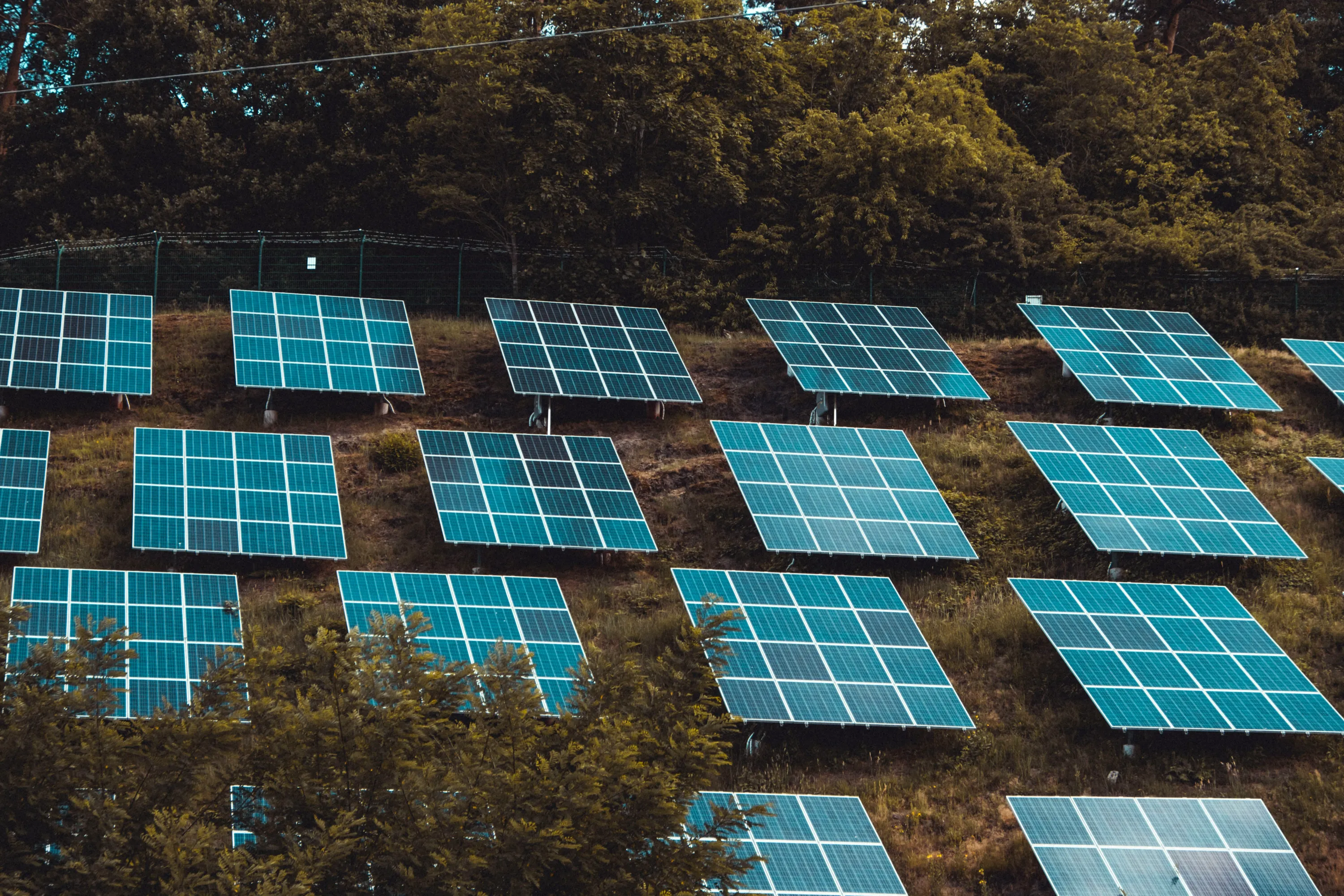We worked with the World Bank’s Energy Sector Management Assistance Program and Nigeria’s Rural Electrification Agency to design a Responsible Data Sharing Framework for the distributed renewable energy sector.
In 2023, the World Bank approved the Nigeria Distributed Access through Renewable Energy Scale-up Project (DARES). The project aims to deliver better access to energy to 17.5 million Nigerians using mini grids and standalone solar systems. Timely, trusted and accessible data is crucial to improving coordination and learning across the sector, helping to drive smarter decisions that can expand access to electricity.
We worked with the World Bank’s Energy Sector Management Assistance Program (ESMAP) and Nigeria’s Rural Electrification Agency (REA) to design and build a Responsible Data Sharing Framework for the distributed renewable energy sector, to ensure that data about development is shared appropriately, efficiently and effectively. By understanding their vision for data sharing, we showed how a Responsible Data Sharing Framework could help meet their goals.
Our approach
The distributed renewable energy sector produces large amounts of information that is generated, stored and processed by many actors across the ecosystem. To realise the value of that data, it must be collated and combined using robust technical methods, supported by governance frameworks that provide trust and certainty. Our aim was to design a framework that is adaptable, allowing it to support distributed renewable energy data sharing in different regions, or different types of energy programmes - for example, mini grids and standalone solar systems.
We conducted supply and demand analysis of data, using desk research and interviews with stakeholders across the data pipeline - including smart meter companies, software and analytics providers, mini grid developers, standalone solar distributors and academics. We researched how these stakeholders interacted with existing data platforms and how they created and shared data. This approach helped us to rapidly understand the information that was already available, and the needs of data users.
Next, we created a conceptual framework for the RDSF, based on three key principles that guide how data needs to be shared:
- data sharing must be appropriate, providing value while complying with data protection policies
- data sharing must be efficient, minimising resource use while maximising impact
- data sharing must be effective, delivering meaningful insights that drive informed decisions
These principles enabled us to build a draft prototype of the framework, to be tested and refined in later stages of the project.
With the conceptual framework in place, we brought together policymakers, implementers and other key stakeholders across each ecosystem - mini grids and standalone solar. Through workshops, we built consensus on key performance indicators, defined roles and responsibilities for data governance, and identified the technical needs for data sharing. This process was crucial for creating a strong foundation for transparent data sharing, ensuring the framework could be implemented sustainably.
We then finalised the framework, delivered full documentation for its constituent parts, and worked with key data stakeholders to bring their systems, platforms and processes in line with its requirements. We designed the framework to be adaptable, allowing it to support data sharing in different regions, or different types of energy programmes - for example, Standalone Solar Systems.
The result
The DARES Responsible Data Sharing Framework consists of four key parts:
- The Framework Principles - a key set of requirements that guide responsible, collaborative data sharing among organisations, ensuring trust is built and maintained
- A Data Sharing Arrangement - a version of the RDSF adapted to fit its specific regulatory, policy, and sector context
- A Data Sharing Agreement - the formal agreement that outlines who will share and access data, specifies the purpose of data sharing, and lists the data it covers, allowing implementation to be monitored
- The Standard Key Performance Indicators - a baseline of key information on distributed renewable energy projects, including definitions and methods.
The Framework will be rolled out across the DARES project to collect data about the impact of distributed renewable energy development, including mini grids and stand alone solar, in Nigeria.
The result is an adaptable, trust-centred governance framework that can fuel access to smarter, more sustainable energy sources in Nigeria and beyond.
